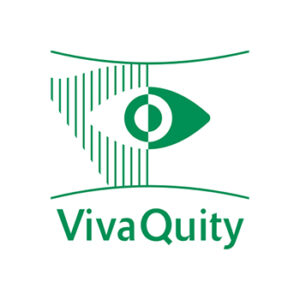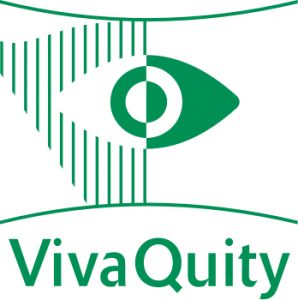(FLIES Study) Floater Intervention Study
This study reports the outcomes of the Floater Intervention Study (FLIES), which was led by the Nutrition Research Centre Ireland (NRCI, Waterford Institute of Technology), in collaboration with local optometrists and the Institute of Eye Surgery at UPMC Whitfield Hospital.
Floaters are spots in your vision like black or grey specks, strings, or cobwebs that drift about when you move your eyes. According to the National Eye Institute, “almost everyone develops floaters as they get older”, but floaters can also occur from a very young age and especially in short-sighted people. Most eye floaters are caused by age-related changes in the vitreous (the jelly part of the eye). Floaters are painless and mostly harmless, but they regularly cause significant visual discomfort and, at times, mental stress for the sufferers. In some cases, floaters may be associated with retinal tears, a potential sight-threatening complication that requires immediate medical attention.
6-month dietary intervention
The FLIES trial is the first double-blind, placebo-controlled clinical trial in patients with primary floaters that demonstrated reduction in floater suffering as well as improvements in visual function in the active group compared to placebo, following a 6-month dietary intervention with a formulation consisting of 125mg l-lysine, 40mg vitamin C, 26.3mg Vitis vinifera extract, 5mg zinc, and 100mg Citrus aurantium.
77% of patients demonstrated reduction in floaters
Dr. Emmanuel Ankamah, the main researcher on the FLIES trial, says “I am delighted to see the outcomes of this exciting trial published in TVST, a high impact journal in vision science. Indeed, this trial provides the evidence to support the use of targeted nutritional intervention as a management strategy for vitreous floaters. This gives us more confidence that using antioxidative and antiglycation micronutrients can improve vitreous health.”
According to Professor John Nolan, the Director of the NRCI and Principal Investigator of the FLIES trial, “This study is very interesting, as it is the first of its kind to examine the benefits of nutritional supplementation for patients suffering with vitreous floaters. Notably, a large percentage of patients (77%) on the active supplement demonstrated a reduction in vitreous floaters and associated improvements in vision-related quality of life was seen in 67% of patients.”
To read the full study, please click on the link below:
https://www.wit.ie/news/news/nrci-led-study-proves-effectiveness-of-a-non-surgical-dietary-solution-for-eye-floaters



